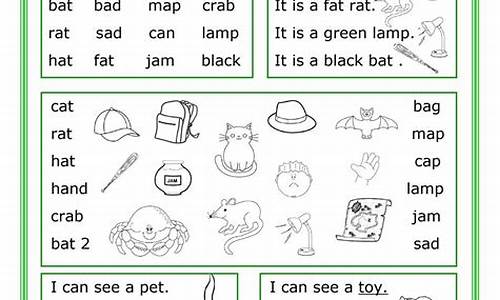How to Reduce Stress Through Meditation and Deep Breathing
Stress is a common issue that affects many people around the world. It can result from work pressure, personal challenges, or even environmental factors. Thankfully, there are ways to manage and reduce stress, with meditation and deep breathing techniques being two of the most effective methods. In this article, we will explore how both of these practices can help you lower stress levels, improve mental clarity, and boost overall well-being.
Understanding Stress and Its Impact
Stress occurs when our body reacts to external pressures, either real or perceived. Chronic stress can have significant effects on both mental and physical health, contributing to anxiety, fatigue, and even physical conditions like high blood pressure. It’s essential to address stress in a healthy way to prevent these negative outcomes.
The Role of Meditation in Stress Reduction
Meditation is a powerful tool for reducing stress. By focusing the mind and cultivating mindfulness, meditation allows individuals to detach from the constant flow of thoughts and worries. This practice promotes relaxation, lowers cortisol levels, and helps increase self-awareness, leading to a calmer state of mind. You can practice meditation anywhere, whether in a quiet room or outdoors.
Benefits of Deep Breathing Techniques
Deep breathing exercises, often used in combination with meditation, are another great way to alleviate stress. When you focus on slow, deep breaths, you activate the parasympathetic nervous system, which counteracts the body’s stress response. By consciously slowing down your breathing, you reduce tension in your body and calm the mind. This practice is especially helpful in moments of high stress or anxiety.


How to Practice Meditation and Deep Breathing
To get started with meditation, find a quiet space and sit comfortably with your back straight. Close your eyes, and focus on your breath. When your mind wanders, gently guide it back to your breathing. For deep breathing, try the 4-7-8 technique: inhale for four seconds, hold for seven seconds, and exhale for eight seconds. Repeat for a few minutes to experience the full benefits.
Consistency is Key


Like any habit, consistency is essential when it comes to meditation and deep breathing. Set aside a few minutes each day to practice, and over time, you will notice a significant reduction in your stress levels. Whether it’s in the morning to start your day or before bedtime to unwind, regular practice can help you cultivate a more peaceful and centered mindset.
Conclusion

Meditation and deep breathing are effective and accessible methods for reducing stress. By incorporating these practices into your daily routine, you can manage stress more effectively, improve your mental clarity, and enhance your overall well-being. Make the commitment today to prioritize your mental health and start reaping the benefits of a calmer, stress-free life.